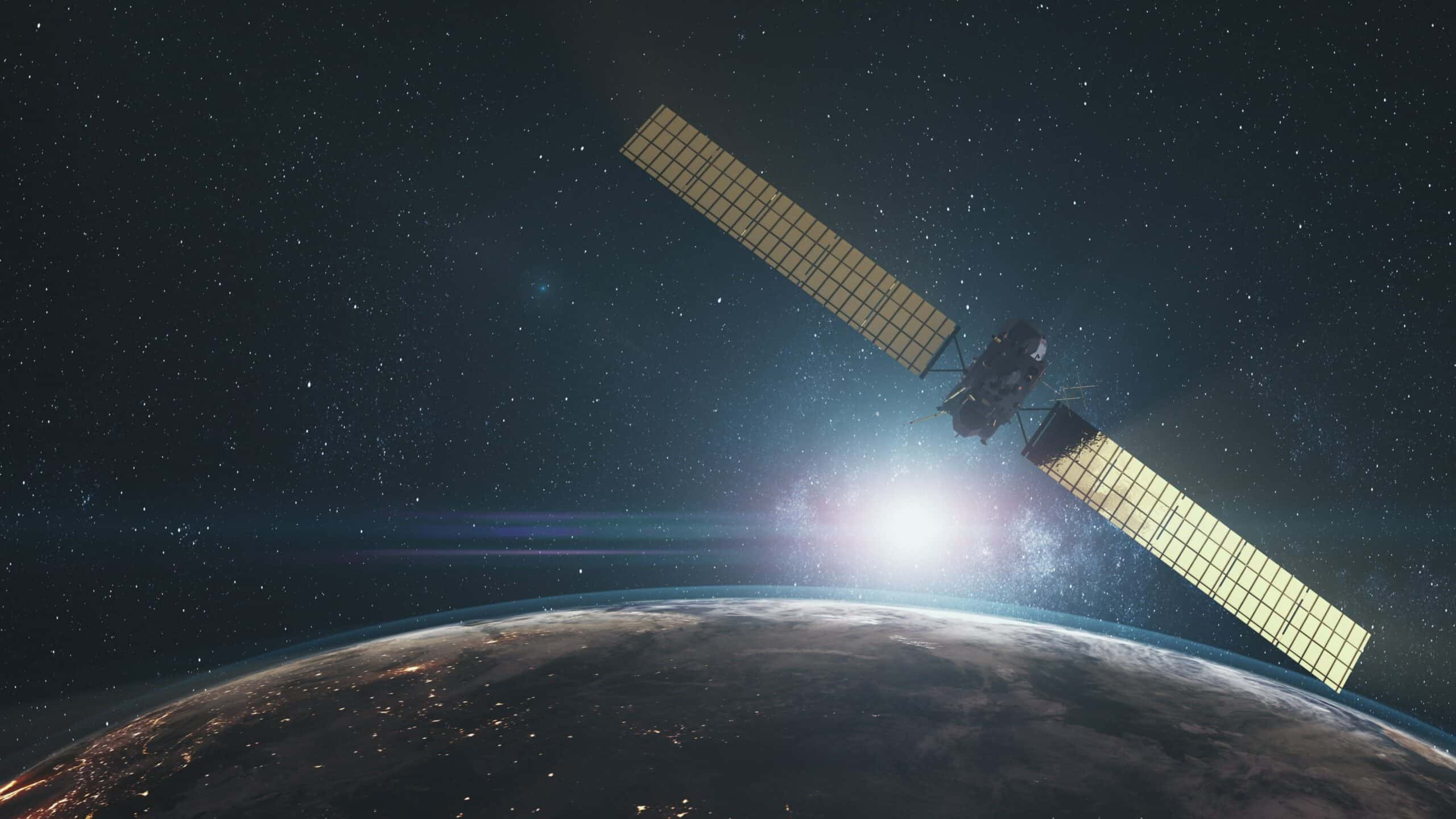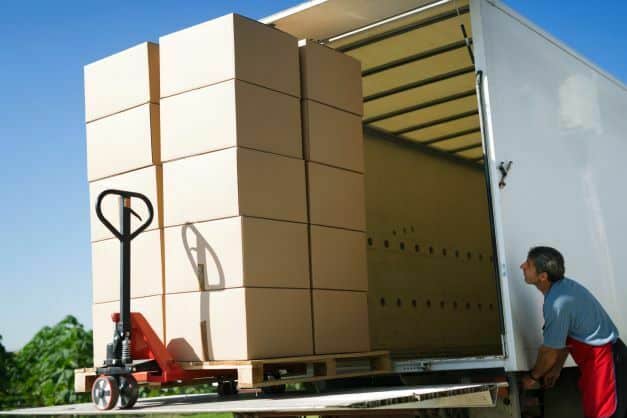Scanway links up with Korea’s Nara Space Technology
Scanway has entered into a partnership with Korea’s Nara Space Technology, which specializes in satellite manufacturing and remote sensing.
Scanway entered into a cooperation agreement with Nara Space Technology, one of Korea’s leading entities in satellite manufacturing, remote sensing and artificial intelligence, on January 30.
The goal of the cooperation is to develop a microsatellite system for Earth observation, develop optical instruments and develop observation payloads for the NarSha project, a constellation of microsatellites for methane monitoring.
The launch of the first – demonstration – satellite, is scheduled for the fourth quarter of 2026. Following the success of the demonstration satellite, at least 6-12 more microsatellites are planned to be launched. The NarSha project has secured financing from the Korea Development Bank, among others. Scanway was selected for the NarSha project after positive verification from the entire consortium: Nara Space Technology (leader), the Climate Technology Center of Seoul National University and the Korea Astronomy and Space Science Institute.
“We are continuing our strong development of products for the space sector and have formed another important partnership. Together with a consortium led by Korea’s Nara Space Technology, we intend to develop a demonstration microsatellite called K3M (Korea Methane Monitoring Microsatellite) under the NarSha project. This is the first Korean project to monitor methane using a satellite equipped with advanced optical instruments. The microsatellite is expected to achieve high spatial and temporal resolution imaging for global and point sources of methane. This is expected to improve the current observational capabilities of greenhouse gas emitters from space in order to solve the climate crisis and reduce methane emissions. For Scanway, this is another step toward broad commercialization of our steadily expanding product portfolio and entry into an important new market outside Europe. After the successful mission of the demonstration microsatellite, we will be a natural partner for delivering payloads to at least 6-12 more satellites,” said Jedrzej Kowalewski, CEO of Scanway.
The NarSha project, which will develop the K3M demonstration microsatellite, involves building a constellation of at least a dozen satellites for a global infrastructure for monitoring point sources of methane in near real time and with spatial resolution at the local level. The project consortium includes: Nara Space Technology (leader), Seoul National University and the Korea Astronomy and Space Science Institute. The project has already secured funding, and the demonstration satellite is scheduled for launch in the fourth quarter of 2026.
The K3M microsatellite will be equipped with an optical instrument for detecting methane plumes in the visible (VIS), near infrared (NIR) and shortwave infrared (SWIR) bands. The spectral resolution of the imaging instrument is expected to be as low as less than 1 nanometer, and the minimum spatial resolution at an altitude of 500 km is 30 meters. The mass of the satellite will be a minimum of 32 kilograms, and the size is 16U, meaning it will consist of 16 cubes measuring 10 cm x 10 cm x 11.35 cm.
“The agreement with Nara Space Technology is an important reference for us in business talks currently underway on many fronts aimed at expanding and commercializing our product portfolio. At the end of 2023, we reported on an agreement with Germany’s Marble Imaging, and we are starting the new year by successfully moving beyond the European market in another commercial project. It is worth noting that it already has secured financing from investors, including the Korea Development Bank. It is now on our side to prove that choosing Scanway for this project was the right decision,” says Mikolaj Podgorski, COO and co-founder of Scanway.
Nara Space Technology is an innovative company operating in the space technology industry. It specializes in the development and production of advanced satellite systems and technologies related to space exploration. The company’s key areas of activity include the design and construction of small satellites, the development of communication systems for space missions, and the creation of remote sensing and Earth observation solutions. The company’s activities are aimed not only at developing the space sector, but also at contributing to the advancement of various areas of life through the use of space technology for research, communication and observation purposes.
Scanway develops and commercializes two business lines: products for the space sector (optical instruments for Earth observation and self-diagnostics of satellites) and for industry (vision systems). With the STAR VIBE mission and the launch in early 2023 of a satellite equipped with a vision system and an optical telescope developed and manufactured in the company’s laboratories, Scanway has achieved so-called flight heritage – confirming the reliability and functionality of its solutions in space conditions. The Polish satellite regularly takes new images of the Earth, and the company receives the best images from space obtained so far by Polish research instruments.
As part of its solutions for industry, Scanway specializes in creating proprietary vision systems for quality control of finished goods, raw materials and the production process. The company’s product offering contributes to the introduction of the Industry 4.0 philosophy by automating and optimizing the quality control process in the packaging and printing, automotive, food or pharmaceutical industries, among others. The hyperspectral technology used by Scanway allows continuous quality control of 100% of products on very high throughput lines, which allows, among other things, to reduce the customer’s production costs.







